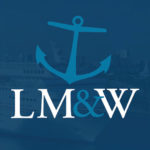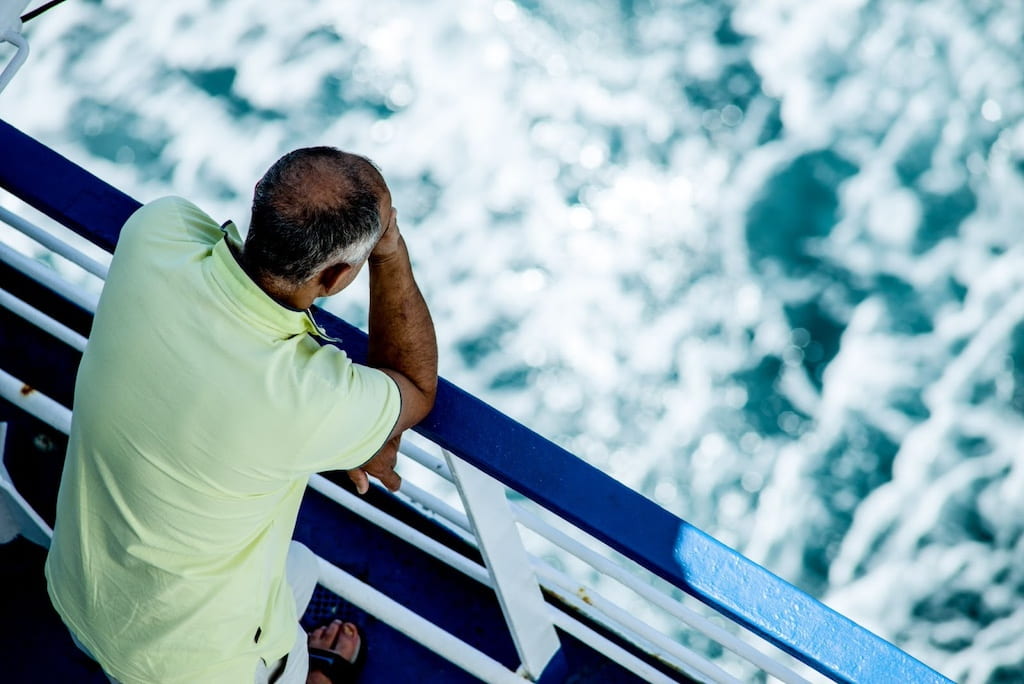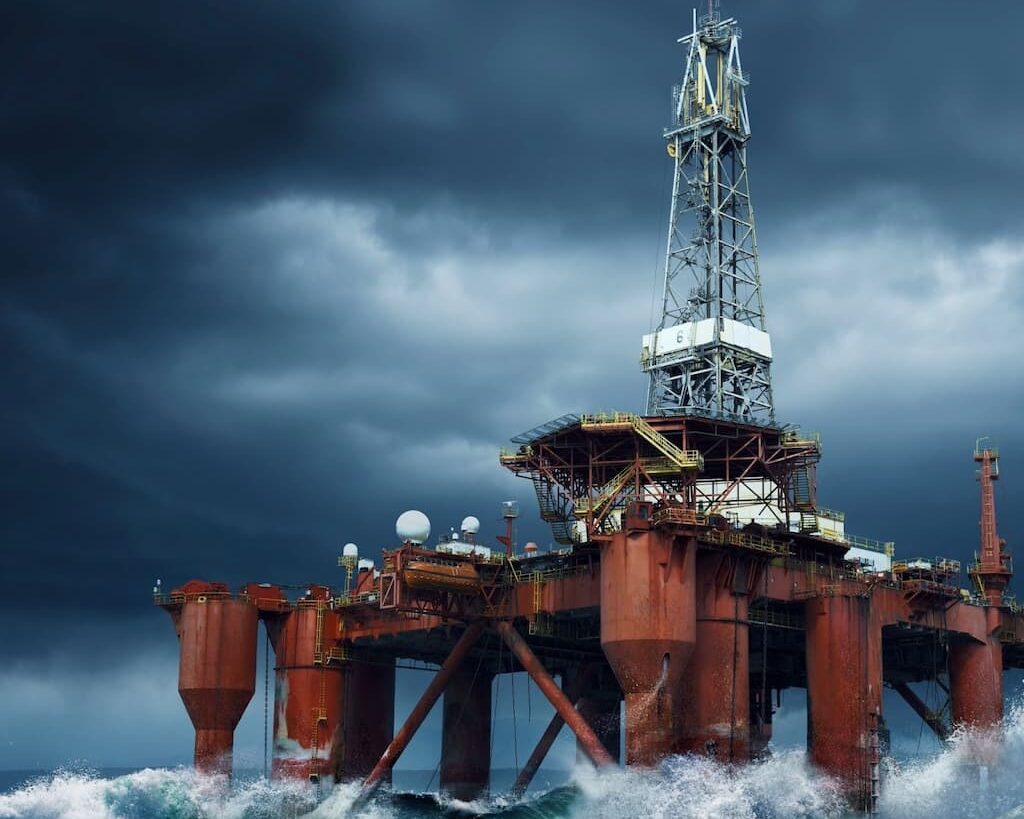
Though a practice not often highlighted in the news, a maritime lien can be enforced at any point when a cruise ship fails to pay its obligations. Much like authorities would do if an individual failed to pay their taxes, mortgage or credit card bills, collectors, etc. In this case the courts, will go after the vessel in question and will use it as collateral until the lien is satisfied. This can happen with a cruise ship, cargo ship or any other type of vessel.
Maritime liens can be placed on ships due to any of the following factors:
- Failure to pay crew member wages
- Failure to pay general claims
- Breach of a charter party
- Failure to pay a ship’s “mortgage”
- Failure to pay costs associated with repairs, supplies, pilotage, and other “necessities”
- Following a personal injury, death, or collision claim
- Following the damage or loss of cargo
- As a result of pollution
But why does this happen to begin with? Well, it’s no secret that (in this case) cruise lines don’t always follow the rules. Our firm has blogged about several cases in which vessels were involved in accidents or became the site of violent crimes, all because onboard safety was not made a priority. Though all maritime vessels must abide by the reasonable safety standards to protect both passengers and crew members from harm, many vessel operators choose to cut corners and avoid paying for improved safety features or improvements to policies, despite the fact that these same cruise operators seem to have no qualms about spending millions of dollars on projects to improve onboard entertainment.
The motion to arrest a ship can be initiated by any entity or person that has a maritime lien. If a ship refuses to pay a crew member wages or compensation following an accident in a foreign land, for example, they may be able to escape any responsibility for payment once the ship leaves the port. However, the motion can be filed by a domestic plaintiff against a domestically-based ship as well. Not many people are aware of the fact that the Carnival Triumph was arrested in 2012 in Texas following a lawsuit filed by loved ones of a German woman who was killed as a result of the Costa Concordia (also owned by Carnival Corp.) crash. There have been several other cases, where crew members have fought against the withholding of their pay by a cruise or cargo corporation, and have filed motions to have a ship arrested until their rightful pay has been met. The only drawback is the fact that for lesser known companies, the arrest can go on for a very long time.
As far as the Independence of the Seas arrest, the vessel was seized after a pilot’s association petitioned the court. In Norway, as is customary in other countries; local pilots are required to navigate the vessel entering the local waters of the country. Maritime vessel companies are then required to pay the pilots a fee. This particular pilot’s association, Norwegian Coastal Administration (NCA) (Kystverket in Norwegian), claims that Royal Caribbean has failed to pay their required pilot and security fees during several itineraries last year, and now owes the association approximately $100,000 U.S.
But Royal is not alone. According to the NCA, other cruise lines have also failed to pay their fees. The association claims it will be stepping up its efforts to collect those fees once those vessels return to Norway.
NCA is not the bad guy though. How are crews supposed to get paid if cruise lines and other maritime companies continue to avoid their required fees? It’s not fair to those crew members. However, cruise lines often neglect to pay their own staff their rightful wages, so in all honesty, we are not shocked about Royal’s behavior. The association claims it has repeatedly reached out to the cruise lines that have owed them fees, but cannot convince them to pay their obligations on time. There have been times when fees have been up to a year late!
Luckily for Royal, the fees for the Independence of the Seas were paid by the captain within one hour of the ship being arrested. The captain also had to pay court fees and interest on top of the pilot’s association fees. So, the vessel has been set free… until next time.
Published on May 23, 2014
Categories: Cruise Ship Law
Get Free
Consultation









